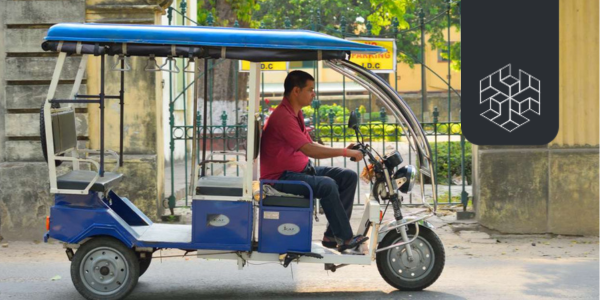Authored by – Nikhil Varghese Mathew
Edited by – Kausumi Saha
ABSTRACT
The Government of India recently invited private sector investments in Indian Railways, citing the need to modernise the Railways and reduce the demand-supply gap in passenger transport. In this context, this paper attempts to analyse the reasons for the Railways’ crisis-ridden present-day reality and whether going down the path of privatisation would proffer a suitable alternative. In doing so, this paper also attempts to study the developmental trajectories of railway infrastructure as seen in other countries, and the lessons therein for India.
CONTEXT
On 1st July, 2020, the Ministry of Railways (MoR) invited private sector investments in the operation of passenger train services through a Request for Qualifications (RFQ). Slated to bring in about INR 30,000 crore, the project entails the operation of over 109 Origin-Destination pairs of routes classified into 12 clusters across the network of the Indian Railways (Railways, hereafter). As stated by the Ministry, the objective of this move is to:
“introduce modern technology rolling stock with reduced maintenance, reduced transit time, boost job creation, provide enhanced safety, provide world-class travel experience to passengers, and also reduce demand-supply deficit in the passenger transportation sector.” (Press Information Bureau 2020a)
Furthermore, this would be done through the introduction of 151 trains (to be operated by drivers and guards from the Railways) with a minimum of 16 coaches, all to be procured, operated, and maintained by private investors. The operation and maintenance of these trains would be subject to regulatory standards and performance indicators specified by the Railways. According to the Chairman of the Railway Board, the RFQ was invited for only about 5% of the total trains run by the Railways (Unnamed Author, The Hindu 2020). The private investors in this regard are also to pay energy charges, fixed haulage charges, and a percentage of gross revenue to be determined through a bidding process by the Railways (Press Information Bureau 2020a).
The decision comes on the back of an empowered Group of Secretaries (GoS) constituted in October 2019 to advise the Government of India (GoI) on the modalities for the awarding of bids and operation of trains by private investors (PTI 2020). A similar effort in this direction was the launch of the ‘Tejas Express’ run by the Indian Railway Catering and Tourism Corporation (IRCTC), a subsidiary of the Railways. The first of these, the New Delhi-Lucknow Tejas Express began operations from 4th October, 2019 (Press Information Bureau 2020b). The running of trains by a ‘non-railways’ operator was in accordance with the ‘100 Days Action Plan’ of the MoR dated and signed by the Chairman of the Railway Board on 18th June, 2019.



